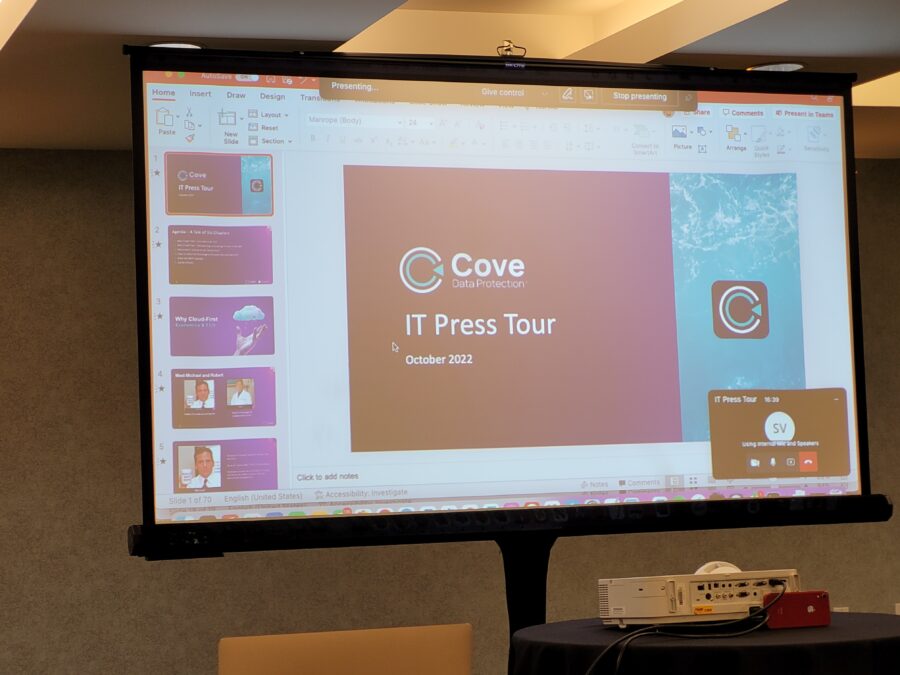The threat of disruption caused by the pace of technological change originates from the consensus that senior leaders are paying lip service to the need for digital transformation, according to a report from online learning provider AVADO.
The report revealed the views of senior managers responsible for the learning and development (L&D) of staff at Britain’s biggest firms (with turnovers of £100m+).
For 43% of businesses, the chief information officer (CIO) is heading up digital change with just under 24% assigning responsibility to a chief digital officer (CDO).
For 22% of businesses the chief executive officer (CEO) is leading the drive towards digital transformation.
Despite the majority of businesses having a C-suite exec in charge of digital transformation, their commitment is in question. This is highlighted by the 55% of L&D professionals who believe C-suite execs only pay lip service to transformation.
>See also: The next generation of programmers: Singapore’s digital skills drive
A quarter of these L&D professionals said that this lack of boardroom commitment has made them feel powerless to influence change.
This report launched just days after Mark Carney highlighted in a speech, that the world is in the “midst of a technological revolution that is once again changing the nature of work”, with “lifelong learning, ever-greening skills and cooperative training” becoming more important than ever.
In terms of training, the report showed that 25% of businesses fail to benchmark and measure the impact of digital training programmes and almost a fifth (18%) report low levels of employee engagement in these programmes
Counter-intuitive?
The need for digital transformation is accepted, almost universally, among the respondents of this survey.
86% said they have assessed the business risk of not taking action and 88% have taken steps to address this.
Yet, despite 93% of L&D professionals saying a digital transformation strategy is in place, the report suggests critical top down buy-in is missing.
Investment in digital training not equal across the business – marketing takes lion’s share
Businesses claim that upskilling workforces is a priority, with 81% of respondents having a digital learning programme in place.
However, investment in digital skills isn’t being shared equally across the business. Just under three in ten businesses (28%) provide digital training across their entire business.
>See also: HP opens UK learning studios to tackle the digital skills gap
For over 40% of businesses, the lion’s share is allocated to the sales and marketing department. Just 19% of overall training budgets is spent on digital.
Current digital training lacks engagement, benchmarking and impact assessment
Delivering effective learning outcomes that are measurable is a concern for L&D professionals.
For 22% of respondents the digital training undertaken to date hasn’t delivered tangible and measurable ROI.
A quarter of L&D managers say their organisation doesn’t benchmark their skill levels and just a quarter of organisations incorporate digital literacy into staff performance reviews.
Lisa Barrett, managing director at AVADO commenting on the report, said: “We’ve learned that for businesses to really grasp the digital opportunity, it takes serious commitment from leadership and the right levels of investment in the right kinds of training programmes – ones that deliver business impact. Put simply, companies need to take their whole organisation on a learning journey. And for the ones that get this right, the results can be transformational.”







